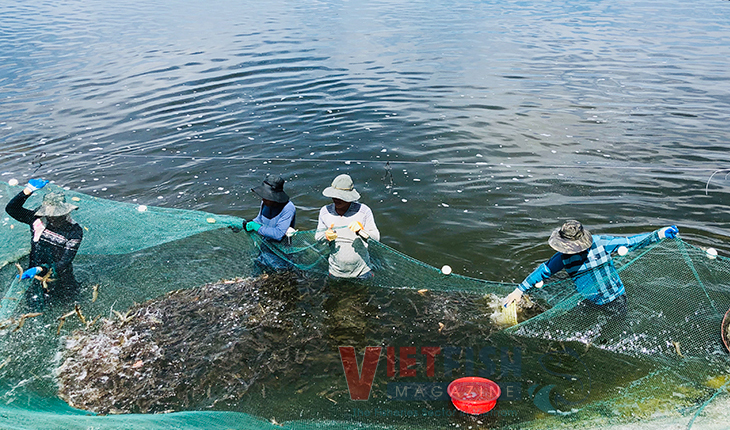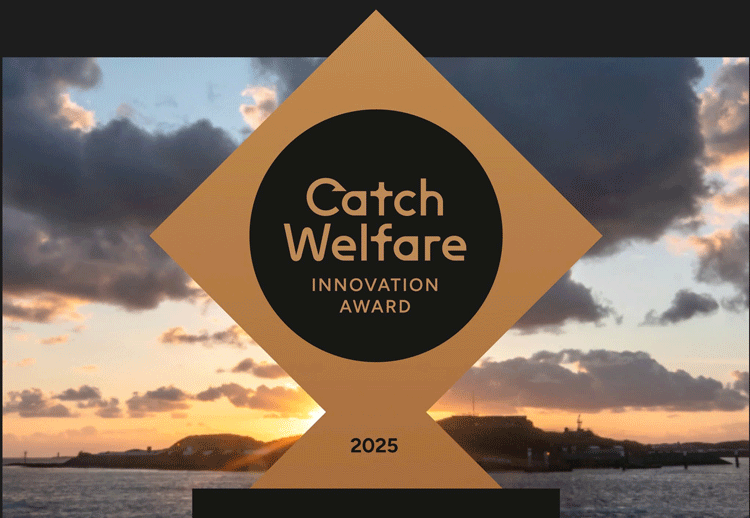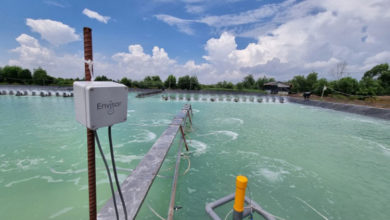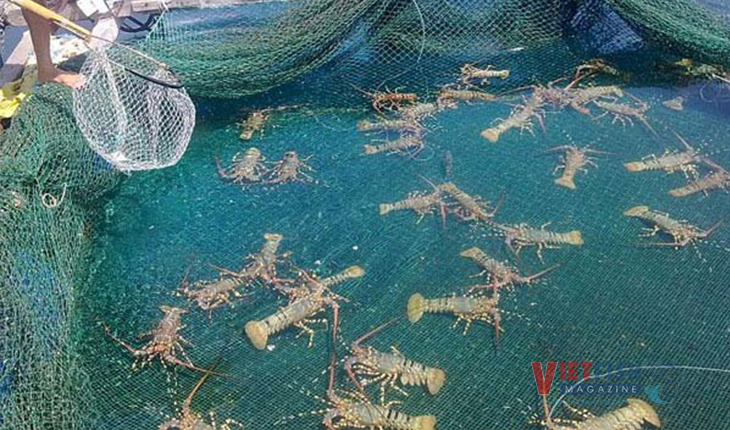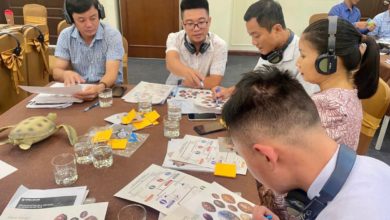TARS 2024: Spotlight on the finfish sector
TARS 2024 is being held in Bangkok, Thailand, from August 14 to 15, 2024. The conference features 44 speakers, moderators, and panelists, dedicated to exploring key issues and solutions for the global finfish sector.
The conference began with an extensive overview of fish farming in Asia, presenting diverse perspectives from experts and industry leaders. In the global finfish market, tilapia and pangasius are ranked at intermediate and lower levels, respectively. The conference aimed to assess the demand, production, and market competition for Asian tilapia in the U.S.
A crucial focus is on developing suitable genetics and production technologies for larval and nursery stages. To optimize growth and survival rates, high-quality larval feeds, effective feed management, and sound hatchery practices are essential. However, weaning remains a notable challenge in marine fish farming.
Formulating precise nutrition feeds requires standardized assessment procedures, including essential nutrients and alternative ingredients, such as marine and plant-based meals, to create sustainable feed solutions. Besides, improving survival rate should be specially paid attention to. This involves adjusting nutrition for better feed efficiency and implementing health interventions, and as such, we should develop species-specific feeds that enhance efficiency at all stages of the lifecycle.
Despite substantial investments in Europe, especially in the salmon sector, the fish industry in Asia appears less appealing to investors. Even though, there is significant funding available for startups working on alternative feed ingredients, AI, and disease management, core farming practices seem underrepresented. Or the fact is we are not effectively communicating our story?
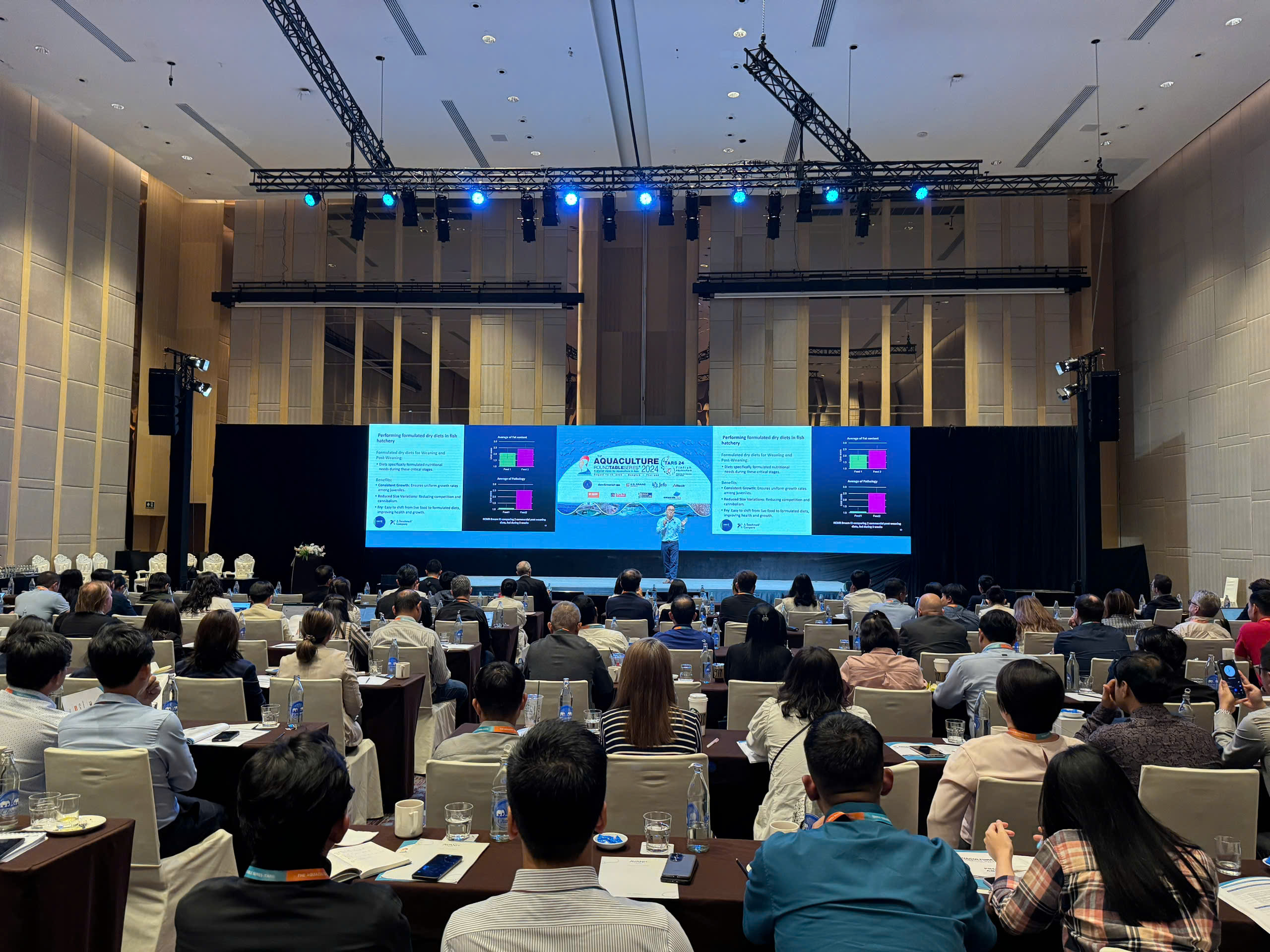
Industry growth and productivity are frequently constrained by bacterial and viral diseases, parasites, and emerging pathogens. How can we boost immunity and integrate effective mitigation and vaccination strategies? What are the gaps in R&D efforts in Asia compared to Europe in marine fish farming? Looking ahead, how can we identify critical factors and drive innovation in disease management to facilitate industry-wide adoption?
Markets demand sustainable production models with scalable and cost-effective methods for high-quality fish production. The future of the industry lies in controlled production with automation and the development of support industries to ensure long-term sustainability. Entering new markets requires certification, traceability, and a compelling sustainability narrative.
For this session, participants will be organized into groups of 10, led by a Group Leader, to discuss and exchange information, experiences, ideas, and perspectives to advance the finfish aquaculture industry. Everyone will have the opportunity to contribute.
With many successful industrialized fish aquaculture ventures globally, there is much to learn from each other and various segments along the supply chain. International leaders from tilapia, pangasius, barramundi, and other marine fish companies will share their insights on branding, marketing, and sustainability. Furthermore, innovative farmers developing RAS technology for grouper will present their advancements and successes. Next-generation entrepreneurs in Asian seabass pond culture will discuss challenges related to cost efficiency, marketing, and producing grouper fingerlings amidst climate change.
VFM


